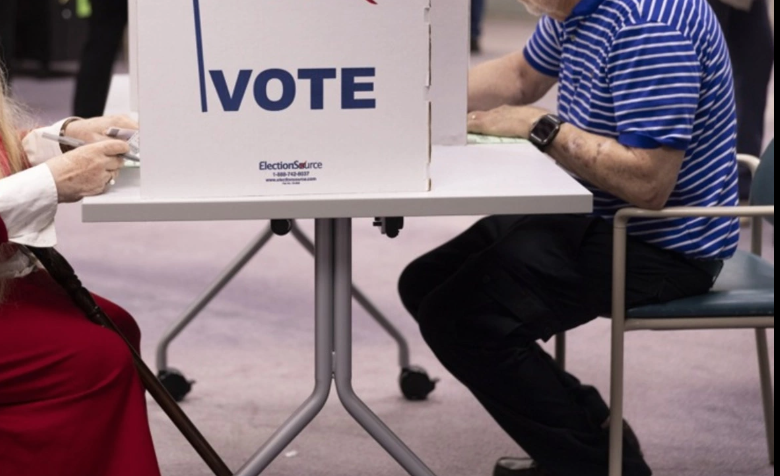Pennsylvania Supreme Court Ruling on Provisional Ballots

The Pennsylvania Supreme Court has issued a ruling allowing voters with flawed mail-in ballots to cast provisional ballots instead.
In a close 4-3 decision, the court mandated that Butler County’s Board of Elections must count provisional ballots from voters whose mail-in ballots were disqualified due to errors, such as missing secrecy envelopes or inaccurate details, as reported by the Washington Examiner. This decision enables these voters to use provisional ballots to participate in the election process.
“It is difficult to discern any principled reading of the Free and Fair Election Clause that would allow the disenfranchisement of voters as punishment for failure to conform to the mail-in voting requirements when voters properly availed themselves of the provisional voting mechanism,” stated the majority opinion.
The ruling follows a lawsuit by Butler County residents after their provisional ballots were rejected in the 2024 primary. An intermediate court sided with the residents, but the Republican National Committee appealed the case.
Provisional ballots, used when a voter's eligibility is under question, are counted only after eligibility is verified.
The Pennsylvania Democratic Party praised the decision, highlighting its importance in the battleground state where Vice President Kamala Harris and former President Donald Trump are in a tight contest.
The court’s ruling reversed a previous decision by a lower court, which had ruled that undated or incorrectly dated mail-in ballots could still be counted. In a 4-3 vote, the court decided the mandate was enforceable, ruling that the case, originally filed by left-leaning groups, should have included all 67 Pennsylvania counties instead of just two, Philadelphia and Allegheny.
The Commonwealth Court had temporarily blocked the enforcement of date requirements on envelopes two weeks earlier, but the Supreme Court’s reversal means that improperly dated ballots could be discarded in this pivotal state, potentially affecting election outcomes. Pennsylvania has seen a higher rate of mail-in voting among Democrats than Republicans.
Republican groups celebrated the ruling, seeing it as a significant win for election integrity. Republican National Committee Chairman Michael Whatley called it “a major victory for election integrity” and praised it as a move to “protect commonsense mail ballot safeguards and help voters cast their ballots with confidence.”
The state Supreme Court issued its decision just before Pennsylvania’s voter registration deadline on Oct. 21, stressing that residents must have been registered to vote by then.
Legal representatives of the ten left-leaning organizations that filed the lawsuit indicated that further challenges might follow.
“Thousands of voters are at risk of having their ballots rejected in November for making a meaningless mistake,” said Mimi McKenzie, legal director of the Public Interest Law Center in Philadelphia. She advised voters to “carefully read and follow the instructions for submitting a mail-in ballot to reduce the number of ballots being rejected for trivial paperwork errors.”
The court’s ruling had the support of two Democratic and both Republican appointees.
Filed in May, the lawsuit challenged the mandate’s enforceability, citing Pennsylvania’s constitutional guarantee of “free and equal” elections, per the Associated Press.
Recent data indicate that over 10,000 ballots in Pennsylvania’s general election may be at risk due to missing or incorrect envelope dates—an issue that could sway the presidential race.